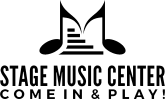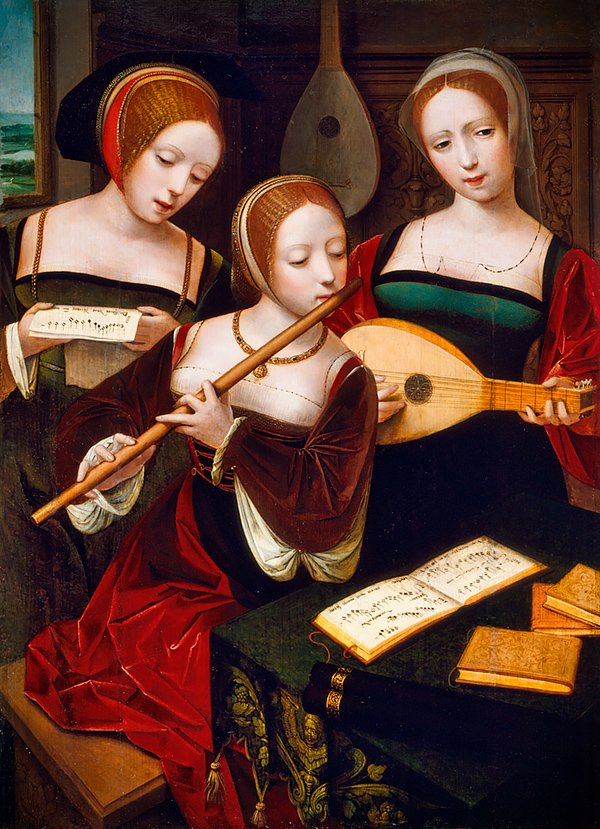Influence of Historical Events on Music
It’s no secret that various historical events have shaped our world as we know it today. We have seen countless movies, TV shows, and books based on major historical events in the world. These adaptations give us a chance to relive and understand those momentous events.
Great music is timeless, but it’s also tied to a specific time and place. Whenever you listen to your favorite song or listen to an album for the first time, you probably don’t give much thought to what was going on in the world when that music was created. But the fact is that historical events have played a major role in shaping the music we hear today.
Let’s take a closer look at how historical events influenced various aspects of music as we know them today.
Music and the Renaissance
During the Renaissance, secular music flourished outside of ecclesiastical settings.
If you’ve ever wondered how something as beautiful as music came to being, look no further than the Renaissance. During this time, new ideas about art and life itself re-emerged, giving way to new forms of art. Music was no exception to this!
Music had previously been the preserve of the church and spiritual communities, with performances generally occurring on feast days or during religious services. This all changed during the Renaissance as secular music flourished outside of ecclesiastical settings.
Composers began writing secular music rather than just devotional songs, ballads, or motets. Music theory was also developed further, enabling composers to achieve greater complexity in their compositions.
The Renaissance also led to innovations in music that could be heard not only in performances but also in compositions. Plus, instruments were better tuned than those earlier in the medieval period, and polyphonic singing became more common.
New genres emerged, including madrigals and villancicos, which were secular songs rather than religious hymns or carols.
The Growth of Opera
Opera is one of the oldest forms of musical theater. The development of opera saw a fusion of music and poetry, evolving into theater comprising dialogues, song, and dance supplemented by musical instruments.
Opera was influenced by Renaissance culture and first developed in Italy between the late 16th century and early 17th century. The genre evolved into two distinct forms: Italian opera and French opera.
Italian composer and singer Jacopo Peri is said to have developed the first opera called Dafne.
Opera was further promoted by the growth of literary societies in Italy. These literary societies were places where people could gather to share new ideas and discuss various topics.
Harmonic tonality, as we know it today, developed during this time as well.
The Classical Music Era
The Classical period was a music era between 1750 to 1820. During this time, musicians created new ways of composing music, emphasizing clarity and logic over theatricality.
The Classical era saw new ways of composing music.
The rise of opera and the creation of musical societies helped spur the growth of classical music. These societies brought together musicians from different disciplines, allowing them to exchange ideas and collaborate.
Here is a look at some of the most influential composers of the classical era.
Wolfgang Amadeus Mozart – Mozart was a child prodigy who composed prolifically throughout his life. He composed over 600 works of almost all genres during his time.
Ludwig van Beethoven – Beethoven is known as ‘the greatest composer who ever lived.’ His best-known symphony is his Fifth, which has been referred to as “the greatest single work in the whole symphonic literature.”
Franz Schubert – Schubert lived a short life but produced an impressive number of masterpieces. He is best known for his song “Dichterliebe.” His work is often described as “intimate” and “introspective.”
The Romantic Era
The Romanticism cultural movement began in 1798 and lasted until 1837. Romanticism emphasized emotion and imagination over rationality, which is clearly reflected in the music of that period.
The popular Romantic-era composers included Fryderyk Chopin, Franz Liszt, Richard Wagner, and Giuseppe Verdi. They used rich orchestration and experimentation with musical form.
The invention of new instruments, such as the piano, Woodwinds, violin, strings, brass, and cello, also contributed to the growth of symphonic music in the Romantic era. These new instruments allowed composers to experiment with new tones and timbres, allowing them to create a wider variety of musical styles.
Jazz Comes to Life
The roots of jazz can be traced to New Orleans in the late 19th and early 20th centuries. Jazz began as a combination of musical styles, including blues, ragtime, and African rhythms. Because no one organizing body controlled the genre, it evolved and changed over time as musicians explored new sounds and ideas.
The invention of the phonograph in the late 18th century allowed jazz musicians to record their music for the first time in history. This technology allowed jazz to gain popularity, and it also enabled the creation of new sub-genres, such as swing and bebop.
Evolution of Music Education as a Source of Intelligence
Historically, music was passed down from one generation to another in conjunction with rituals, festivals, and other special occasions. The first known codification of musical notation occurred in Babylonia in 1400BCE.
However, formalized music education did not begin until the 17th century with the establishment of singing schools in Paris, Vienna, Berlin, London, and many other European cities. In the United States, the first music academy was started in Boston in 1838.
Educators have known that music improves intelligence since the time of the ancient Greeks. The early psychologists, philosophers, and educators all recognized the power of music in creating more intelligent individuals. This drew many young people and parents to enroll in music classes.
Moreover, music has historically remained popular among royals around the world. The 18th century was a specifically prosperous period for musical patronage. During this time, many rulers promoted atmospheres favorable to musical accomplishments, while others were actively involved in promoting music.
The courts of Great Britain, Prussia, and Saxony are known for their great contributions to the world of music.
One of the best examples of the royal passion for music pertains to King Henry VIII. He was a highly admired composer of his time. Plus, he was skilled in playing multiple instruments, including flute, cornett, lute, organ, and regal.
Final Words
History is filled with important events that have shaped the world we live in today. Historical events often give rise to new subcultures and musical genres that capture the zeitgeist of their time. Such events have also led to changes in the way music was produced at that time and also its style.
Enroll in Music Class
Are you looking for a music lesson for yourself or your children in Winchester or Acton, MA? If so, you’re at the right place! Stage Music Center offers voice and instrument lessons for both kids and adults.
Register now for our next class or contact us for more information.
Read more posts from our blog.
Breathing Techniques in Musical Theatre: 6 Breathing Exercises to Improve Your Performance
The Importance of Music in School: Why Music Education Matters


